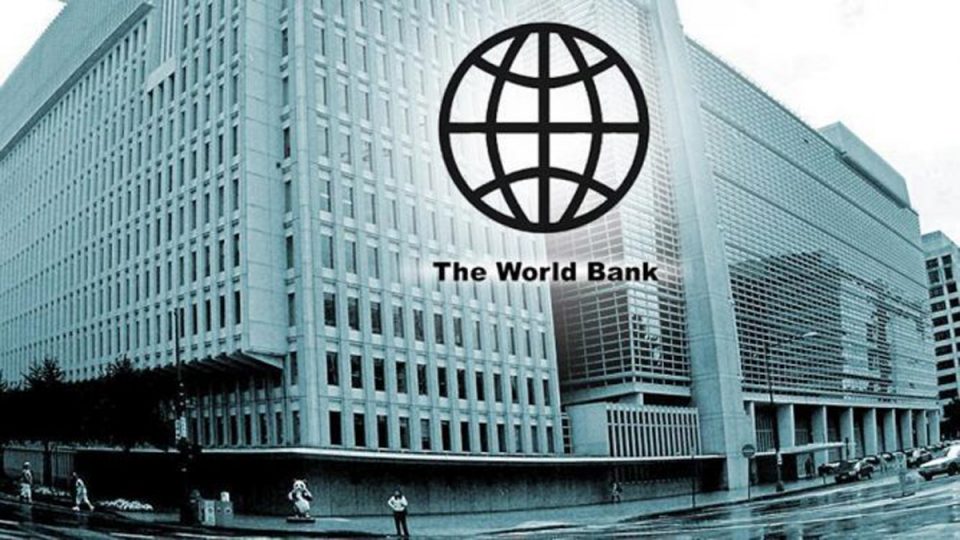The unreliable power supply in Nigeria is causing huge economic losses, estimated at N10.1tn, yearly, the World Bank has said.
The World Bank, in a new report, noted that transition from a publicly-owned to largely privately-owned power market, which began in 2013, did not bring the expected outcomes.
“The sector is under severe stress,” it said, adding that the causes for the stress were interlinked and the result of key stakeholders falling short of their expected contributions for achieving sector turnaround.
The report said this had led to a lack of trust between key stakeholders and among the general public with respect to power sector improvement.
It said a credible reform process would require an integrated approach of resolving regulatory and policy failures, and establishing a credible and fiscally sustainable financing plan by the Federal Government to ensure full funding for tariff shortfalls, among other measures.
The World Bank described the power sector, particularly the distribution segment, as “operationally inefficient with high losses”.
It said, “Power sector recovery is critical for the Federal Government of Nigeria’s response to the COVID-19 outbreak.
“The sector recovery efforts focused on ensuring regulatory and policy predictability providing incentives for efficiency in operations while enforcing payment discipline across the supply chain are critical for maintaining the ‘lights on’ through continued generation of electricity.”
The report said the efforts to reduce the sizable public expenditures for tariff shortfalls would create critical fiscal space for the government to finance a pro-poor economic stimulus package to protect the poor and vulnerable from the crisis and to support the economy to recover.
It said during the recovery period, improving power sector performance would be central to unlocking economic growth, particularly in the non-oil sectors of manufacturing and services.
“The annual economic losses caused by Nigeria’s unreliable power supply have been estimated at N10.1tn or about two per cent of GDP,” the World Bank said.
According to the report, Nigeria ranks 131st with respect to the overall ease of doing business in the World Bank’s Doing Business 2020, with getting access to electricity ranked as one of the major constraints.
It said with respect to getting electricity, Nigeria ranked 171st globally, out of the 190 countries surveyed, and 33rd among 46 sub-Saharan Africa countries.
The bank said, “Ensuring access to reliable electricity supply is important for poverty alleviation. With 47 per cent of the population (97 million people) lacking access to grid electricity, Nigeria has the largest access deficit in sub-Saharan Africa and the second-largest in the world, after India.
“For the bottom 40 per cent, access to grid electricity is lower at about 31 per cent nationwide. The average annual per capita electricity consumption of Nigeria is 147 kWh, which is a fifth of the average low middle-income country consumption.”
It noted that of the households connected to grid electricity, most experienced blackouts daily, as well as frequent voltage fluctuations.
According to the report, 40 per cent of households with access to electricity use generators and many rely on other non-grid sources such as solar home systems, solar lantern/lighting systems, and rechargeable batteries.




